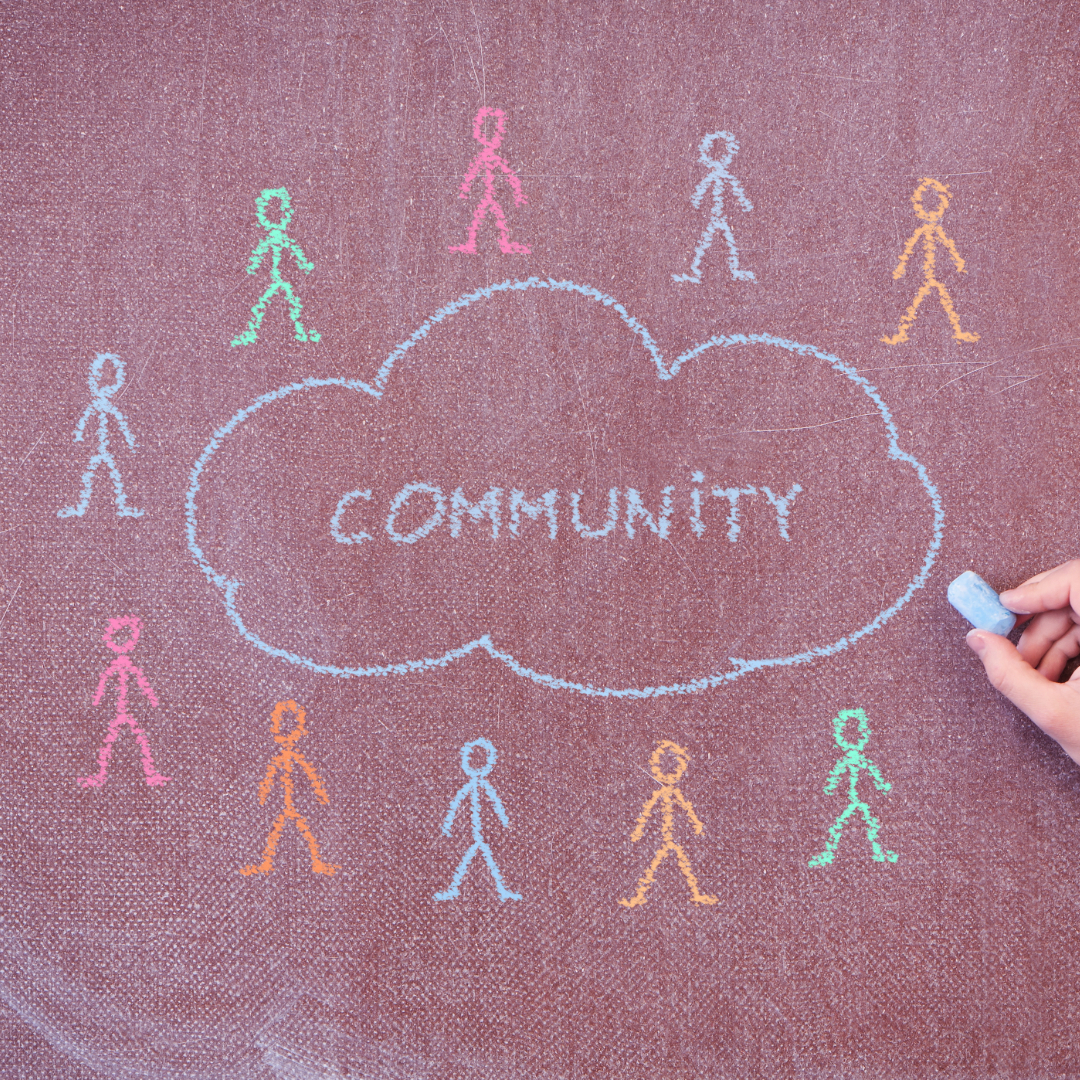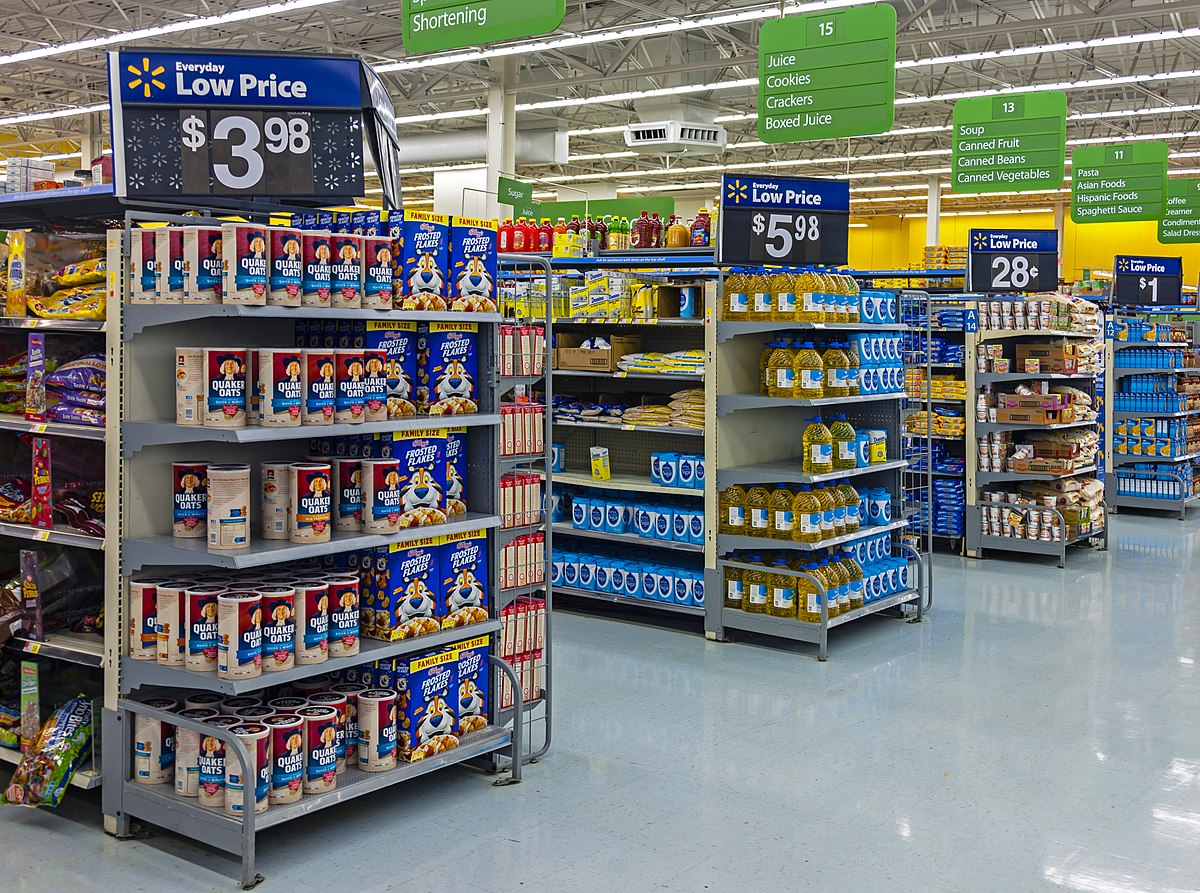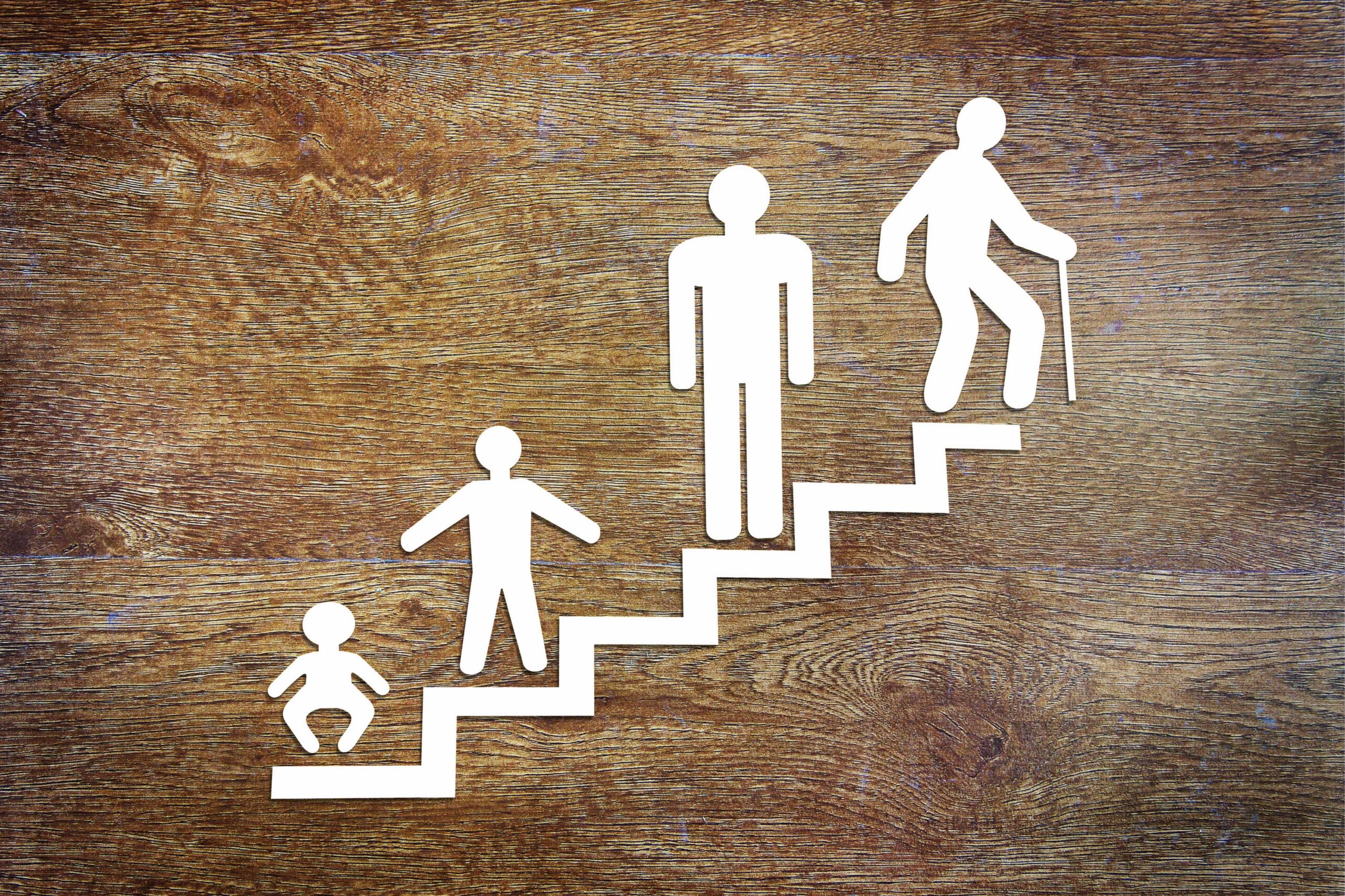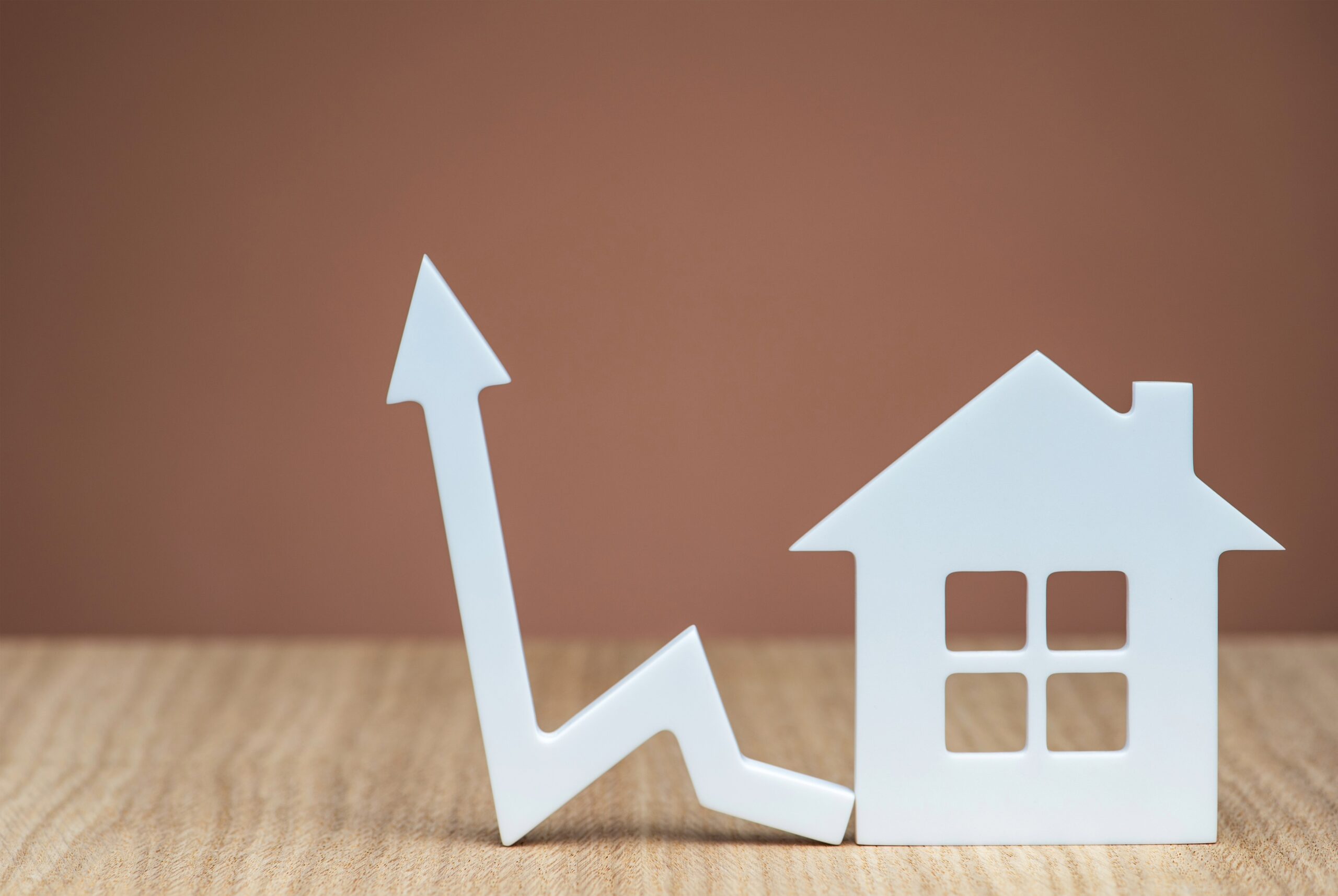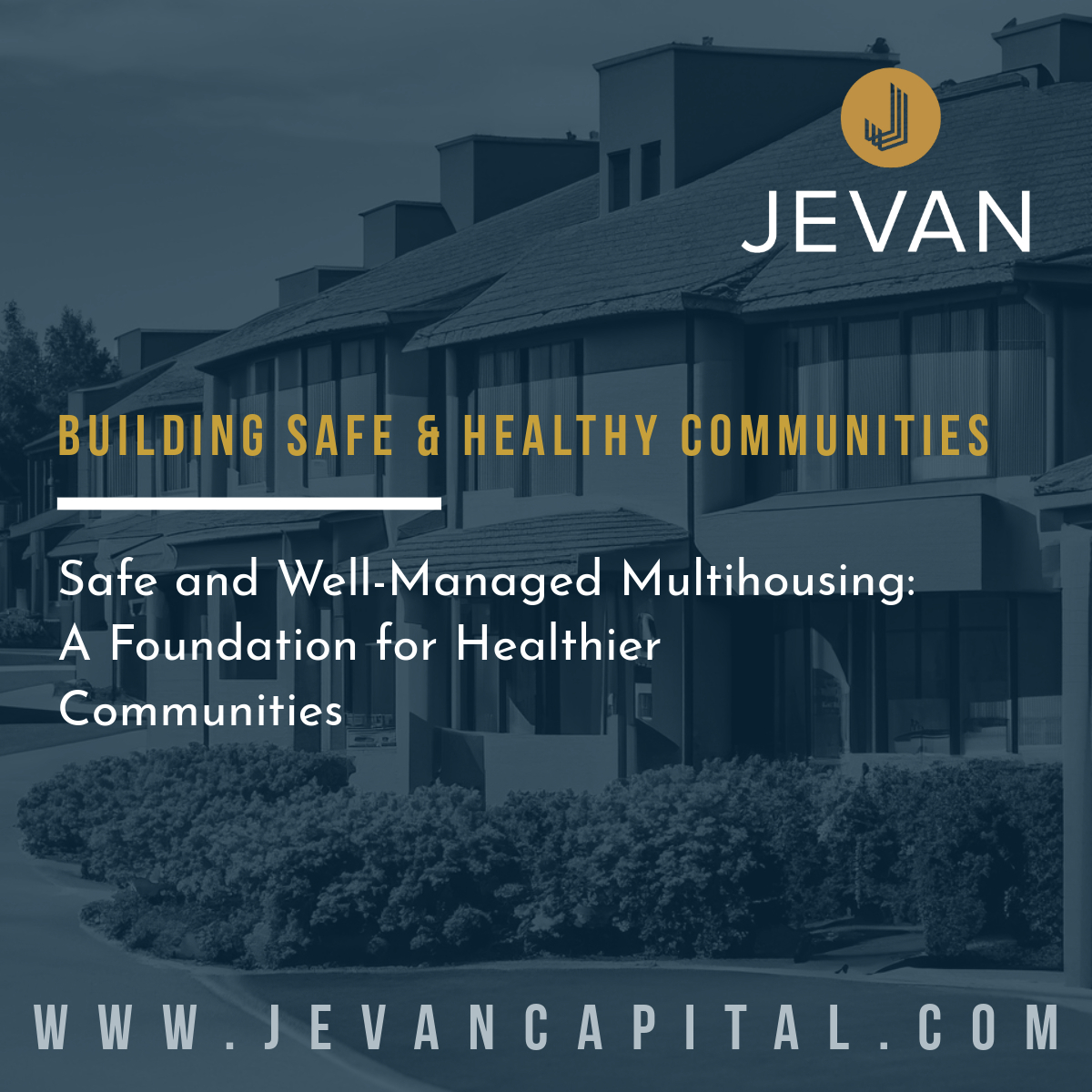
Key Takeaways
- Professional Management and Security: This assurance significantly reduces daily stress, as residents know their surroundings are well-managed and protected so they are free to live life instead of worrying about safety issues.
- Stronger Community Bonds: When residents feel safe, their interactions with neighbors are boosted, and support is provided among residents, enhancing collective ties.
- Broken Windows Theory: If management consistently works to keep a property clean, the residents will follow suit. On the other hand, if a community is neglected, it can very quickly snowball into decay.
- Low-Quality Housing Systems and Poor Maintenance: If systems are not maintained and updated, the risk of harmful exposure increases.
- Economic Benefits: Well-managed, secure housing can increase property value and community investment.
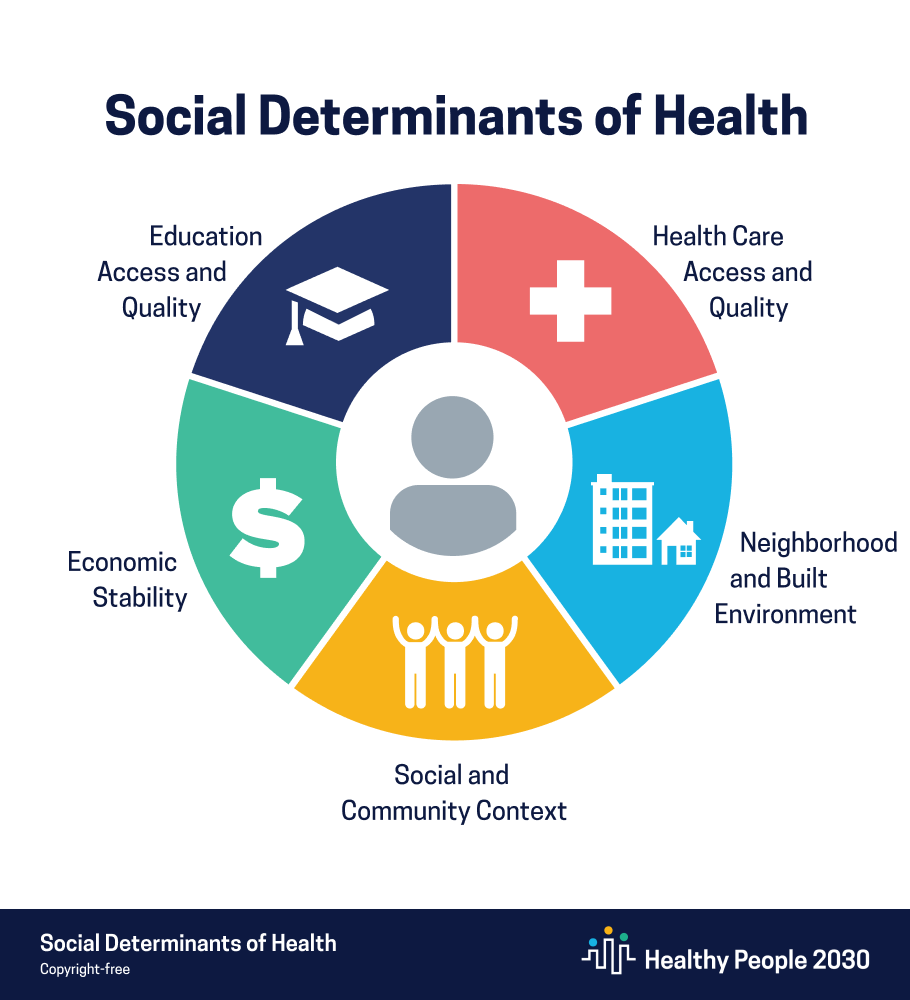
Living in a safe apartment home that’s free from potential dangers can greatly improve your well-being. On the other hand, residing in housing that’s unsafe or inadequate may lead to various health issues, including chronic diseases.
The U.S. Environmental Protection Agency notes that people spend about 90% of their time indoors, with the majority of that time spent at home. This shows just how much our housing can impact our health.
Unsuitable living conditions can expose individuals to numerous health hazards. Inadequate housing can cause or contribute to many preventable injuries and chronic conditions, including diseases of the respiratory, nervous, and cardiovascular systems, as well as negatively affecting mental health and potentially leading to cancer.
Community and housing environments that promote health and safety are one of the five key Social Determinants of Health (SDOH) per the Center for Disease Control. These key determinants are the nonmedical factors in the environments where people are born, live, learn, work, play, worship. These factors impact a diverse array of health outcomes, functional capabilities, and quality of life measures, along with their associated risks.
More Relaxed Home Life
Feeling safe and secure in your apartment reduces anxiety by minimizing fear of external threats which allows residents to relax and enjoy their home without constant worry.
When your home feels secure, it can help improve relationships at home, between partners or family members like parents and children. This leads to better quality time together, strengthening family bonds and creating a healthier home life.
If you’re living in a safe environment, you’re likely to face less stress and worry, reducing the temptation to use alcohol, drugs, or excessive screen time as ways to cope with daily pressures.
Better Sleep in a Safe Place
Living in a secure environment isn’t just comforting; it can help you sleep better. Studies have found that lower noise levels and good security can dramatically improve your sleep quality.
According to the National Heart, Lung, and Blood Institute, getting enough good-quality sleep is essential for overall health. How you feel and function all day is closely linked to how well you sleep at night. When you sleep, your body works to support healthy brain function and maintain physical health.
Sleep is essential for the growth and development of children and teens, but its benefits extend to everyone. Not getting enough sleep can lead to chronic health problems and affect your ability to think, react quickly, work, learn, and get along with others.
Sleep impacts many parts of your body, including your heart, hormones, metabolism, and immune system. So, a good night’s rest isn’t just about feeling rested—it’s about keeping your whole body healthy.
Strong Community
When residents feel safe, they are more likely to engage with the neighbors in their apartment community. Being more connected with your neighbors improves mental and emotional health as residents interact more in shared spaces. Such environments tend to be safer because everyone looks out for each other, which helps keep crime low. The close relationships built within these communities provide emotional support and help reduce loneliness, especially for those who might feel vulnerable, like the elderly or those living alone.
Neighbors sharing resources like childcare, skills, or tools can improve everyone’s daily life without much cost. Thriving communities tend to have a strong recreational life through organized events and celebrations, and this engagement ensures a vibrant, supportive, and stable community.
Greater Freedom for Children
A safe living environment is crucial for families, especially for the well-being of children. In secure areas, children are free to explore and engage in play, essential for their psychological and emotional development. Additionally, children are particularly vulnerable to stress within the family environment, which can manifest in behavioral changes such as withdrawal, aggression, or anxiety and can negatively affect their academic performance. Growing up in engaging communities also provides children access to suitable playmates and role models, fostering a strong sense of security and belonging.
Long-Term Mental Health Benefits
Living in a safe environment provides long-term mental health benefits. Experiencing or witnessing abuse, whether physical, emotional, or psychological, is traumatic and can lead to persistent mental health conditions such as depression, anxiety, or PTSD.
Research shows that individuals who reside in secure and well-maintained neighborhoods tend to experience fewer mental health issues over time. These positive effects extend beyond the individual, contributing to the overall health and sustainability of the broader community.
Community Management
A professional property management and security team is crucial in fostering trust among residents by ensuring a secure living environment. This assurance significantly reduces daily stress, as residents know their surroundings are well-managed and protected. This security allows residents to concentrate on personal growth and happiness instead of worrying about safety issues.
Enhanced Property Value
A well-managed and protected apartment complex retains value and can increase in value, benefiting the owners. When a capable community management team is in place, the living standards within the complex improve over time. This fosters a sense of collective pride for what they have built together, encouraging all residents to take care of the community, cutting management and maintenance costs in the long run and creating more overall value for owners, managers, and residents alike.
Environmental Health Quality
Low-quality housing equipment and systems, such as heating, plumbing, and air conditioning, may increase the risk of exposure to carbon monoxide, mold, asbestos, lead, and airborne illnesses.
Improving air quality involves upgrading these systems and ensuring their regular maintenance. This includes cleaning HVAC systems and air ducts, replacing air filters regularly, and conducting deep cleanings when changing occupants. Replacing carpeting with a clean flooring option like vinyl or polished concrete can also improve indoor air quality and reduce the risks of respiratory problems, allergies, and other health issues.
Promptly addressing plumbing issues and maintaining community water systems is essential for a safe, uncontaminated water supply. Construct plumbing lines to ensure a consistent flow and manage fluctuations in demand. Design and maintain a network of water distribution pipes to efficiently and safely deliver water throughout the community. Implement programs for detecting and repairing leaks to reduce water loss and prevent contamination. Ensure regulatory compliance and monitoring to adhere to national and local water quality standards. Regularly check water quality at multiple points in the supply chain, from the source to the tap, to maintain safety and compliance.
Clean Common Areas
Regular cleaning of common areas, landscaping, pest control, and maintenance are essential and contribute to a relaxing and mentally clear environment.
Clean and well-maintained outdoor areas in apartment communities encourage physical activity, such as swimming, walking, or playing sports, which is beneficial for overall health. A clean, well-maintained, and well-equipped fitness center can also promote physical exercise.
Clean environments deter pests such as rodents and insects, which can transmit diseases and pose health risks—proper waste management and sanitation practices, such as keeping pet relief areas and trash collection points clean. In addition, providing community hygiene facilities, such as pet wash stations or car wash areas, encourages healthy cleaning habits.
People tend to keep clean places clean and let dirty ones get dirtier. Which is a psychological principle called the “Broken Windows Theory.” This theory suggests that when an environment is well-kept, it signals to people that standards need to be followed, leading them to act responsibly. In contrast, when an area is neglected, it might seem like no one cares, so people feel less guilty about adding to the mess. This phenomenon is partly due to people’s tendency to follow the crowd—if a place is clean, they keep it clean; if it’s dirty, they might add to the mess. This pattern shows how the condition of our surroundings can influence our behavior. As a result, if property management makes a consistent effort to keep a property clean, the residents will follow suit so as not to disrupt the status quo. On the other hand, if the community is neglected, it can very quickly snowball into decay.
Conclusion
The significant role that clean, safe, and secure housing plays in maintaining overall health is clear. Living in a well-kept and secure environment does more than protect physical health—it also dramatically improves mental and emotional well-being. The advantages of such housing include everything from individual comfort and better sleep to stronger connections within the community and enhanced property values.
Investing in high-quality housing conditions is investing in individuals’ and communities’ health and success. By prioritizing safe, clean, and engaging environments, we lay the groundwork for healthier living and a stronger community. This holistic approach addresses immediate health concerns and contributes to sustained community well-being.




